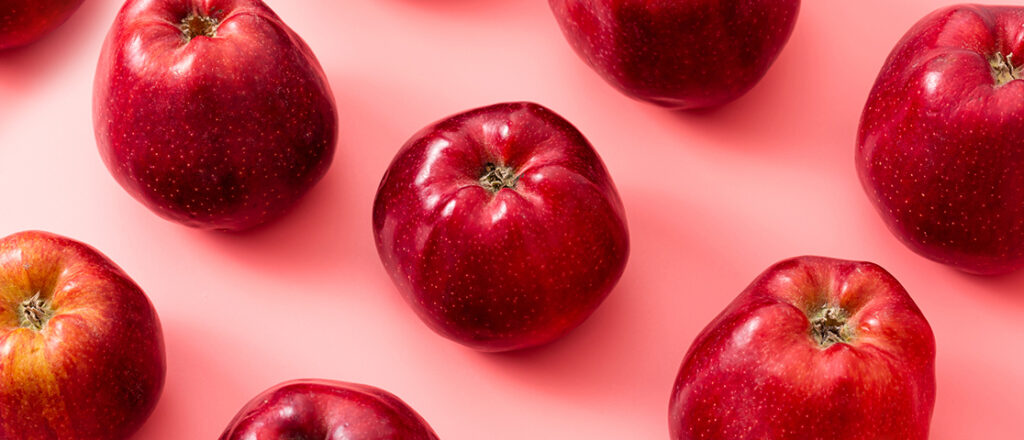
Time to shovel more winter superfoods.
Winter’s barely here and you may already be missing fresh tomatoes and blueberries. Take heart, there’s a lot of fruits and vegetables grown in the winter months. And a bounty of this seasonal produce doesn’t just taste incredible, it’s incredibly good for you.
Shop the perimeter of your supermarket, and you’ll find plant-based foods that have earned superfood star status. Winter superfoods supply important nutrients such as fiber, phytonutrients, antioxidants, vitamins, and minerals.
If you’d like to boost your health and even help protect yourself against certain diseases, eat more winter superfoods. They pack a powerful punch.
Let’s shop for winter superfoods.
Sweet Potatoes
Sweet potatoes are more nutritionally dense than white potatoes. They’re an excellent source of vitamin A and iron and taste heavenly when roasted.
Winter Squash
Winter squash comes in two varieties – acorn and butternut. Both have plenty of fiber, magnesium, beta carotene, and vitamins C and B6.
Pumpkin
Pumpkin is rich in potassium, a good source of vitamin B, and supplies 20% of your daily recommended intake of fiber. Bake with it all winter long – it’s simply wonderful in pies, breads, and cookies.
Ginger
The potent winter root has been used for centuries to boost the immune system, improve digestion, and soothe upset stomachs.
Citrus Fruits
Oranges, grapefruits, and lemons are bursting with vitamin C, so they offer immune support for cold and flu season. They’re also high in minerals and phytochemicals.
Apples
Sweet or tart, red or green, apples are delicious raw or baked. Apples are full of antioxidants and have 4 grams of dietary fiber per serving.
Brussels Sprouts
These mini cruciferous vegetables are high in vitamins C and K. Think Brussels sprouts are too bitter? Try roasting them in the oven with a little olive oil, salt, and pepper.
Parsnips
Parsnips look a lot like carrots, but they have a lighter color. With a sweet, almost nutty flavor, they’re a great addition to rice and potato dishes. Parsnips are rich in potassium and are a good source of fiber.
Pears
Have you enjoyed a baked or poached pear lately? Cooking brings out their sweet, juicy taste. Pears are a good source of vitamin C and copper, and they have 4 grams of fiber per serving.
